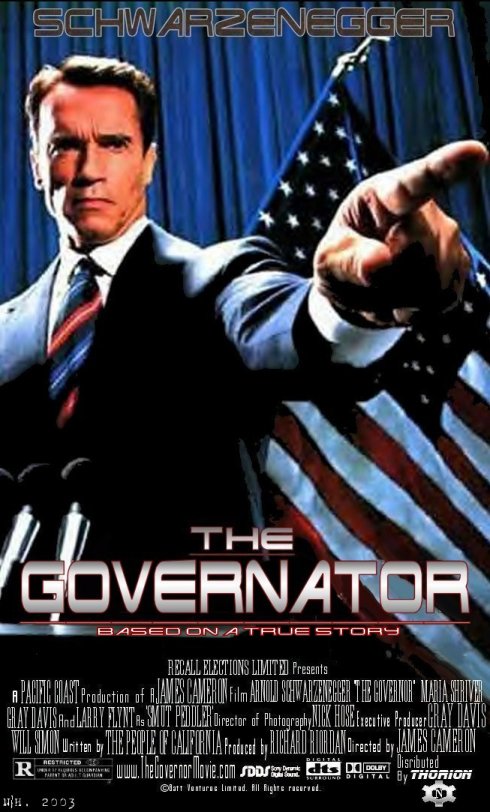Originally posted by: Darth ChaltabOriginally posted by: Han Solo VS Indiana Jones
I hate listening to Bryan Singer's self-promotion for himself and his misbegotten Superman Returns.
"I identify with Superman. I am adopted, I am an only child, and I love the idea that he comes from another world, that he's the ultimate immigrant. He has all these extraordinary powers, and he has a righteousness about him."
Other Singer bites I hate -
[About Superman's costume for 'Superman Returns']: "I always had the general idea of the suit. With X-Men, although they had extraordinary powers, they also had physical weaknesses. The suits were for protection as well as costume. Superman is the Man of Steel. Bullets bounce off him, not the suit."
[Talking about casting Brandon Routh as Superman/Clark Kent in the new Superman film]: "I was always dead set on casting an unknown. Brandon embodied the character the best - his acting talent, physical presence and personality."
"Superman has always been about Lois Lane, Superman and Clark Kent and this love triangle between these three people who really are only two people."
This kind of crap just annoys the hell out of me.
Other than the first one, what is wrong with these soundbytes? I can see how the first one seems sickeningly self-righteous.
Yeah, I'll have to second this. The first one kind of annoys me, but I don't see what's wrong with the other ones.




